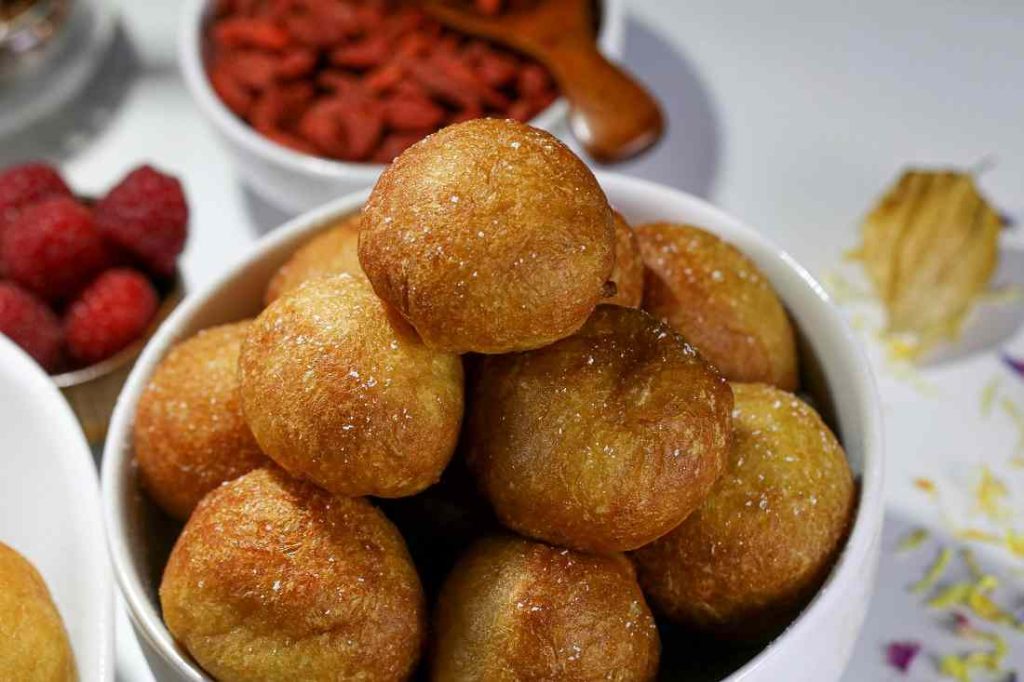
Nigeria is a country of contrasts, with its best and worst aspects often intertwining.
The Best Things About Nigeria:
1. Rich and diverse culture
Nigeria is home to over 250 ethnic groups, with rich traditions, languages, and cultural practices. This diversity is celebrated in festivals, arts, music, and cuisine, making Nigeria a culturally vibrant nation.
2. Music and Entertainment
Nigeria has a thriving music industry, especially in Afrobeats, with artists like Burna Boy, Wizkid, and Davido gaining international acclaim. Nollywood, the Nigerian film industry, is one of the largest in the world, producing a vast number of films annually.
3. The Naija Spirit
Call it attitude or steeve or swagger! Nigerians have that unique confidence that makes them stand out easily in any crowd. There is a popular saying in Nigerian pidgin – “Naija no dey carry last!” which loosely translates to “Nigeria can never come last”. It is interesting to see how this one single phrase lives inside every born Nigerian.

4. Natural Beauty
Nigerians are some of the most beautiful individuals on earth. With glowing skin, good body frames, and other endowments, plus the attitude to go with it, Nigerians are sexy people. The country itself also boasts diverse landscapes, from the beaches of Lagos to the rolling hills of the Jos Plateau, the waterfalls in Enugu, and the vast wildlife in national parks like Yankari and Gashaka Gumti.

5. Rich History and Heritage
Nigeria has a rich historical background with ancient civilizations like the Nok culture, Benin Empire, and the Oyo Empire. Historical sites and artefacts provide a deep connection to its past.

6. Nigerian food
Nigerian cuisine is as diverse as its culture, offering a wide array of flavours, ingredients, and dishes that reflect the country’s rich heritage. Popular Nigerian foods include the iconic jollof rice, pounded yam and egusi, suya, puff-puff, etc.

Nigerian food is a reflection of the country’s diversity, with each region offering its own unique dishes and flavours. From the spicy heat of pepper soup to the rich, comforting taste of pounded yam with Egusi soup, Nigerian cuisine is vibrant, flavorful, and deeply rooted in tradition.
The Worst Things About Nigeria:
1. Corruption
Corruption is a significant issue in Nigeria, permeating various levels of government and institutions, even among private individuals. This has led to several kinds of inefficiencies, including mismanagement of resources which hinders development.
2. Insecurity
Nigeria faces significant security challenges, including terrorism from groups like Boko Haram in the Northeast, banditry in the Northwest, and kidnappings and clashes between herders and farmers in various other regions. This has caused loss of lives, displacement, and economic instability.

3. Economic Disparity
Despite its wealth in natural resources, especially oil, Nigeria has a high level of poverty. Economic inequality is stark, with a significant portion of the population living below the poverty line while a small elite enjoys immense wealth.
4. Infrastructure Deficit
Nigeria’s infrastructure, including roads, electricity, and healthcare, is underdeveloped. Frequent power outages, poor road networks, and inadequate healthcare facilities are major issues that affect daily life and economic productivity.
5. Political Instability
While Nigeria has maintained democratic governance since 1999, its political environment is often marked by tension, election-related violence, and ethno-religious conflicts, undermining national unity and stability.
6. Tribalism
Tribalism in Nigeria is a deeply rooted issue with significant implications for the country’s social, political, and economic life.
The roots of tribalism in Nigeria can be traced back to the pre-colonial era when various ethnic groups existed as independent entities with their own systems of governance. The British colonial administration’s policy of “divide and rule” further entrenched ethnic divisions by favouring certain groups over others and governing through indirect rule.
Ethnic loyalty often dictates voting patterns, political alliances, and appointments. Politicians constantly exploit ethnic sentiments to gain support, leading to ethnic polarization and undermining national cohesion.


